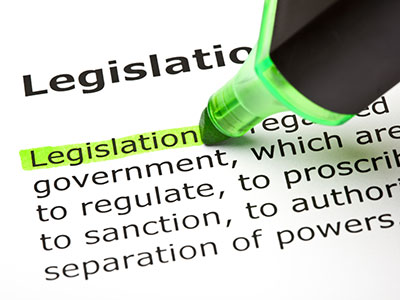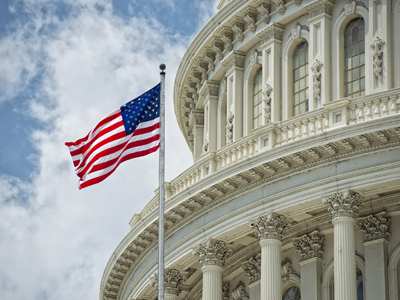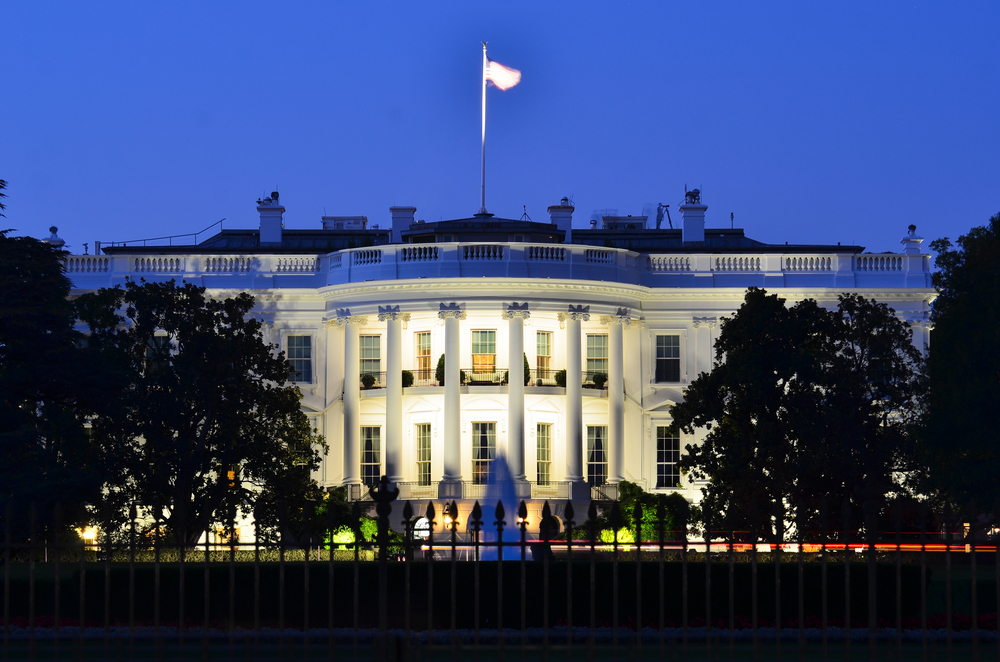On August 28, 2015, TSW continued its coverage of the 2015 Defend Trade Secrets Act (“2015 DTSA”), introduced in both the House and Senate on July 28, 2015, with its comparison of the 2015 DTSA to last year’s failed 2014 House Bill. In today’s post, TSW continues with its extensive coverage of the 2015 DTSA, detailing both the criticisms it is facing and the progress it has made in Congress. READ MORE
Defend Trade Secrets Act of 2015 Faces Criticism 2.0











